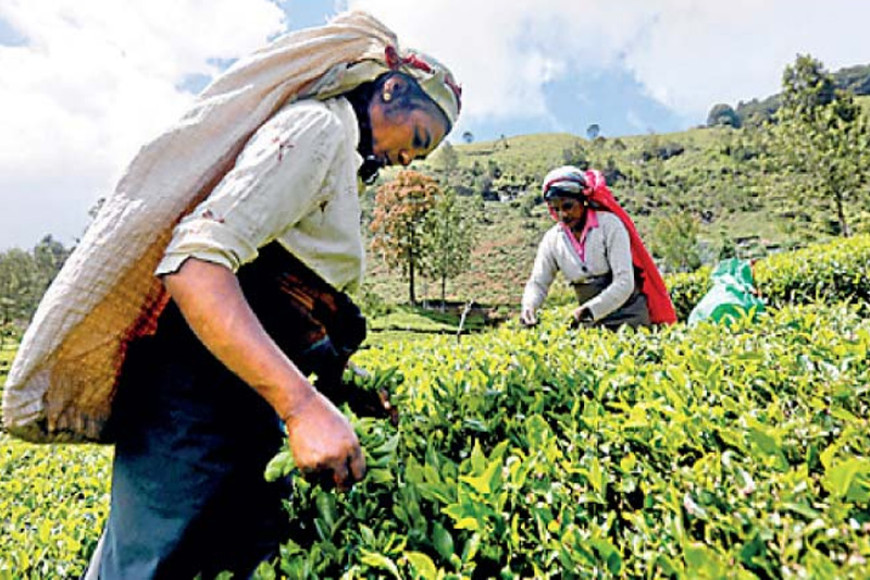rubber sector workers by an unprecedented 70% on account of a lack of due process and unaffordability, with the matter being taken up for consideration before the Appeal Court and Supreme Court.
The PA emphasised that wages must be intrinsically linked to productivity to ensure the sustainability of businesses and the livelihoods of workers.
Sri Lanka already grapples with the highest production costs, wages, and lowest productivity among all tea-growing nations. Notably, the newly gazetted wage is double that of India, creating significant cost disparities in the global market.
“This unilateral increase affects not only the regional plantation companies but also over 400 private tea factories in Sabaragamuwa and the Southern province, smallholders employing external labour, and all rubber producers and factories,” PA said in a statement.



